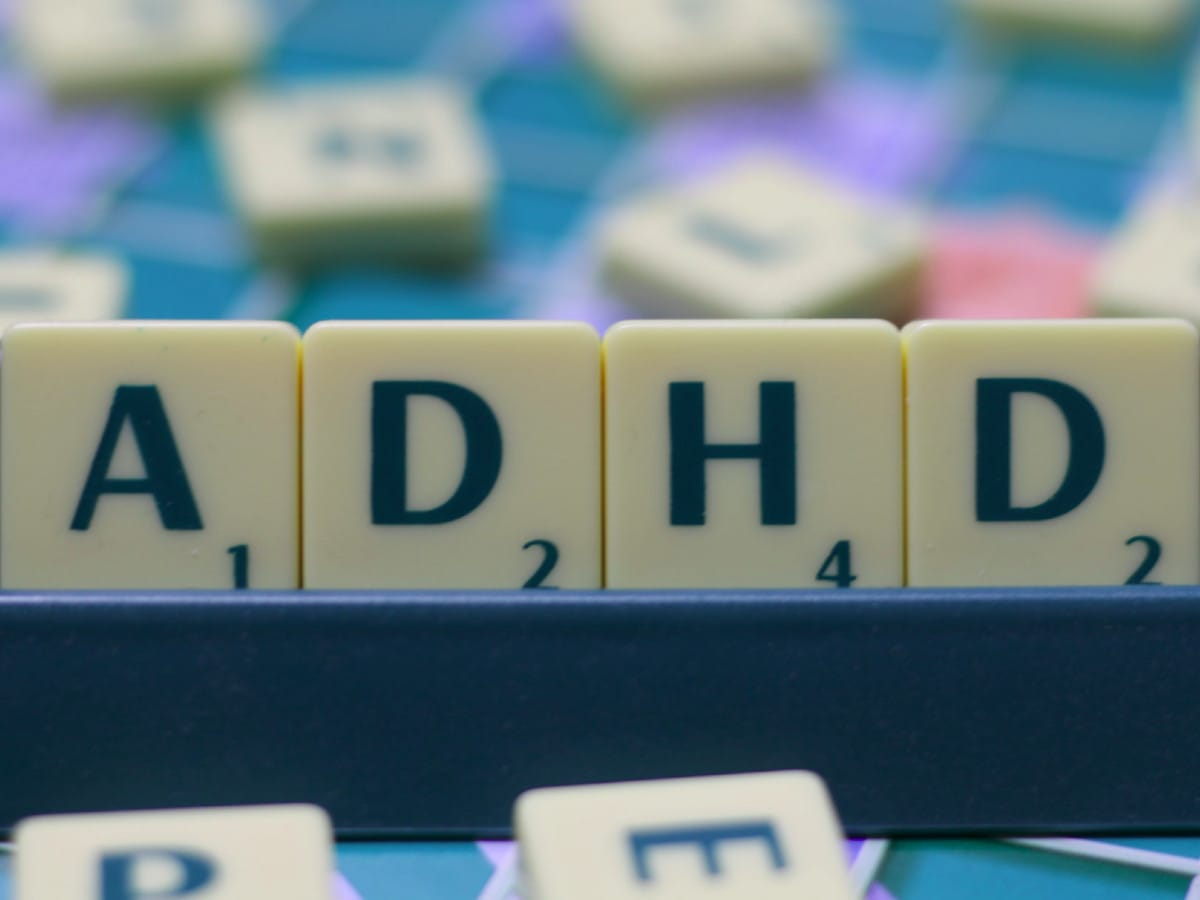
Source: Jesper Sehested Pluslexia | © Flickr.com
A few observations on the state of ADHD treatment in Japan
- Tags:
- ADHD / mental health / stigma
Related Article
-

With telework and social distancing mainstream, Japanese residents try to stay mentally healthy
-

Japanese businessman with ADHD develops a novel way to get organized and stay focused
-

Use the power of your wishes to help light up Yokohama Marine Tower
-

Coffee stand “HIDEAWAY” hopes to promote understanding of mental illness in Japan
-

Free Counselling and Therapy Available Online in Japan
-

Talking to the creator of ‘Blossom the Project’, an online initiative raising awareness of Japan’s social issues


Not too long ago, I was working on an article entitled Five Stupid Ways to Get Arrested in Japan, in which I mentioned the perils of bringing certain prescription medications into Japan. While the article referenced a Toyota top executive arrested for importing the narcotic pain killer oxycodone, my research at the time led me to an article about an Oregon woman.
In 2015, a young college graduate was arrested on suspicions of drug smuggling while eating dinner with her friend in a Tokyo restaurant. She was held in a detention center for 18 days, while high-level diplomatic meetings concerning her release took place. Eventually, the prosecutor released her without pressing charges. Although her detainment was lengthy, it is not considered abnormal in Japan, where suspected criminals can be held for up to 20 days without being charged.
As it turns out, the young Oregonian has ADHD, a mental disorder characterized by difficulty paying attention, excessive activity, and acting without regard to consequences. While often considered a neurodevelopmental disorder common among children, many adults suffer from the disease throughout the world.
Police targeted the Oregon woman after she received a care-package from her mother. Among other things, the package contained Adderall medication prescribed to her by her American doctor. While amphetamine medications are commonly prescribed in the West to treat ADHD, they are considered a narcotic by Japanese governmental officials and thereby outlawed.
When a conventional medication for a common disorder in one country is considered contraband in another, what are those with ADHD to do? To a Westerner, the Japanese treatment of ADHD may appear to suffer from a lack of education. However, Japanese physicians may be rightly concerned about the effect of stimulant medication on a disorder that, perhaps owing to cultural differences, presents somewhat differently than in the West.
Public Perception and Awareness
In countries like the United States and Australia, ADHD is a household term. In either country, the disorder is prevalent, with around 9.4% and 11% of the childhood population affected, respectively.
Numbers in Japan are slightly less, with nearly 7.7% of children reportedly diagnosed with ADHD. While it does not seem entirely clear, Japanese students may be affected differently by the disorder.
Teacher and parent interpretations of child behavior can contradict one another. According to a 2003 Nigata study, there was a notable discrepancy in the perceived prevalence of ADHD in a set of preschool children between the two care groups. In general, parents were more likely to assume their children had the disorder, while teachers ignored potential symptoms.
Anecdotal evidence confounds this situation further. In my personal experience as an educator in Japan, I can attest that ADHD is rarely discussed. This may be in part due to a strong Japanese stigma against mental illness. Regardless, I have at times struggled to communicate the details of the condition to Japanese acquaintances which, in turn, leads me to wonder whether there is a lack of awareness. Furthermore, when I’ve told Japanese friends that amphetamines are commonly prescribed for ADHD in America, many were surprised.
YouTuber Missy in Japan reports a similar experience as she dealt with her disorder in Japan.
Like many diagnosed with the condition, she expressed frustration in having limited treatment options available in comparison to The United States. She tried to explain her situation to her host-mother, but had difficulty conveying her condition. She did find that since most people she interacted with were unfamiliar with ADHD, they tended to have a neutral opinion—i.e., they did not attach a negative stigma to ADHD.
Presentation and Outcome
According to some studies, ADHD may present differently in Japanese patients than in Western patients. More specifically, the inattentive type is likely more present in older children and college students in Japan. According to a 2012 study, Japanese college students, when compared to their American counterparts, more often suffered from inattention while underreporting symptoms of hyperactivity.
What's more, Japanese women seem to be more negatively affected by the disorder than Japanese men. Japanese girls are less likely to express external symptoms of ADHD, and, as a result, the condition can go undiagnosed until adulthood. According to a 2019 study, Japanese adult women with the condition often struggle more, having considerable difficulties with steady employment, money management, social activities, and so on.
Their struggles may be, at least in part, a cultural phenomenon. As is commonly noted, Japan is a "high-context" society with rigid social norms. Women are expected to be "gentle, polite, modest, reserved, attentive, delicate, organized, and patient." At odds with the symptomatology of ADHD, afflicted female patients more often have comorbid mental health diagnoses as well as social disadvantages. More specifically, Japanese women with ADHD are more likely to be divorced and less likely to be fully employed than their male counterparts.
Medications
Researching ADHD it quickly becomes apparent that studies are concentrated in Western nations. Non-western studies are lacking. As such, nations like Japan are seemingly adopting a westernized notion of the disease as treatment methodology develops throughout the country.
Nevertheless, medication is a different story. Although methamphetamines were initially synthesized in Japan, their use in treatment is illegal. The same is true of amphetamines. This may, some online sources purport, be in part due to the chemicals' association with the Yakuza crime syndicate. As the Oregon woman learned, amphetamine-based prescriptions are illegal here, and individuals importing them are subject to arrest.
Japan, however, seems to favor treatment with methylphenidate, commonly found in Ritalin and Concerta. Although chemically related to amphetamines, the drug is less likely to be abused. More recently, INTUNIV was approved in Japan for use against ADHD. The non-stimulant medication is thought to work on receptors that strengthen working memory, thereby increasing attention.